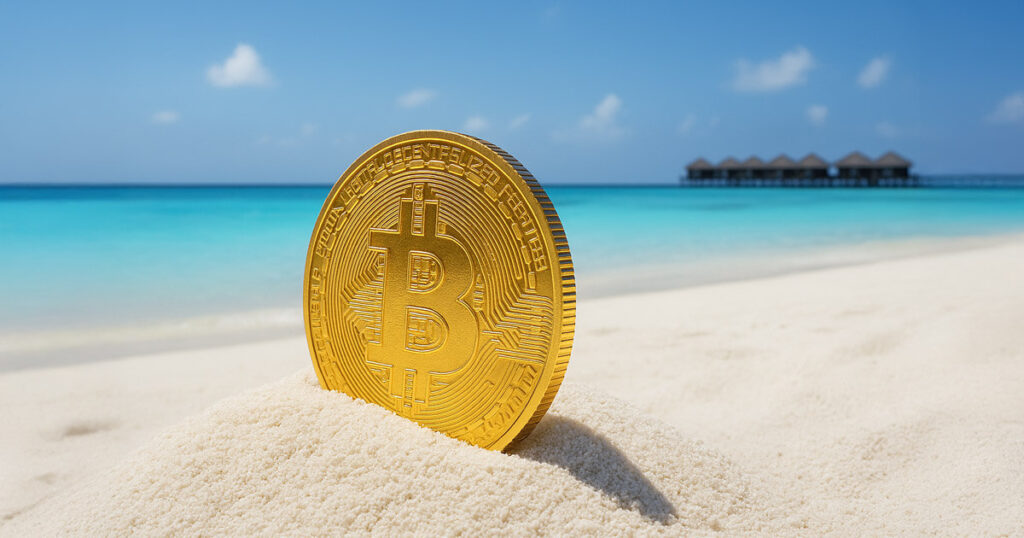The Maldives recently announced a groundbreaking $8.8 billion agreement to establish a blockchain-first financial hub that is set to surpass the nation’s entire economy, positioning itself as a global hub for digital assets. The project, known as the Maldives International Financial Centre (MIFC), is being financed by Dubai-based MBS Global Investments and is slated to be located in Malé, the capital city. Spanning 830,000 square meters, the MIFC is expected to create up to 16,000 jobs by 2030, with a significant portion of funding already committed by high-net-worth individuals and family offices.
President of Maldives, Mohamed Muizzu, views the MIFC as a key component of the country’s economic strategy, emphasizing its role in fostering economic resilience. This initiative comes at a crucial time for the Maldives, as the country grapples with mounting debt levels and seeks to diversify its economy. With public debt reaching 146% of GDP in 2020 and significant external debt reported in recent years, the Maldives has been exploring new avenues for economic growth.
The MIFC aims to attract digital asset exchanges, token issuers, and Web3 investment funds through its zero-tax policies and streamlined regulatory framework. This strategic move aligns the Maldives with other jurisdictions, such as the RAK Digital Assets Oasis in the UAE and the Bahamas’ DARE Act 2024, that are positioning themselves as crypto-friendly destinations. Nadeem Hussain, CEO of MBS Global, believes that the MIFC will set a new global standard for financial innovation, propelling the country into the forefront of the digital asset space.
However, challenges remain in terms of regulatory preparedness. The Maldives will need to enact legislation and establish oversight mechanisms to ensure compliance with international anti-money laundering standards, with a particular focus on FATF regulations. The success of this ambitious project will hinge on the country’s ability to navigate these regulatory hurdles and attract global capital to its financial hub.
As the Maldives embarks on this transformative endeavor, it represents a unique case study for small, tourism-dependent economies seeking to diversify their economic base. The scale of the MIFC relative to the country’s GDP makes it an outlier on the global stage, with its success or failure likely to shape the future of the Maldivian economy. With a completion date set for 2030, the journey towards establishing the MIFC will be closely watched to see if the Maldives can successfully carve out a niche in the competitive world of digital assets and blockchain technology.

